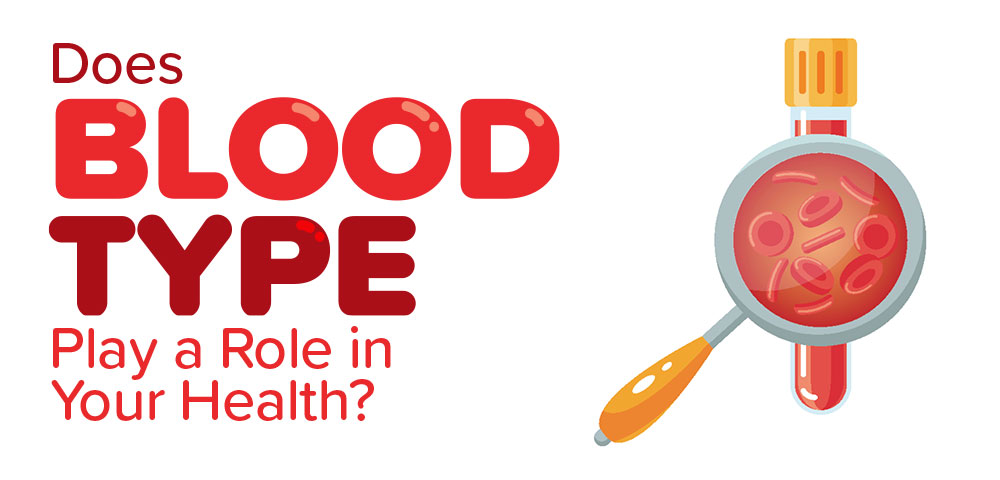
It is fascinating to think that our blood type may positively or negatively affect our health, but we must collect more research and data to prove this hypothesis.
Many of us would never consider our blood type a determining factor in health, but scientists are beginning to see specific tendencies relating to blood types. However, the scientific data reviewed considers mainly types O or A because types B and AB represent less than 15% of the population. WV found this data fascinating.
Heart: Type O enjoys a lower risk of heart disease. In fact, type O individuals may live longer because of their tendency toward better cardiovascular health.
Brain: Type AB shows a higher risk of stroke and relatively more risk of developing memory problems.
Circulation: Type O shows less risk of developing deep-vein blood clots.
Diabetes: Both blood types A and B have a higher likelihood of developing type 2 diabetes.
Digestive system: Type O has been shown to have a higher risk of peptic ulcers. Type A and, to a lesser extent, type B show a greater propen-sity for developing stomach problems because of higher rates of H. pylori infection.
Infection: The parasite that causes malaria has difficulty attaching itself to type O blood cells, providing some protection against the disease.
Fertility: Type O has a greater likeli-hood of having difficulty conceiving.
Stress: Type A people have more difficulty managing stress because of naturally higher levels of blood cortisol.














